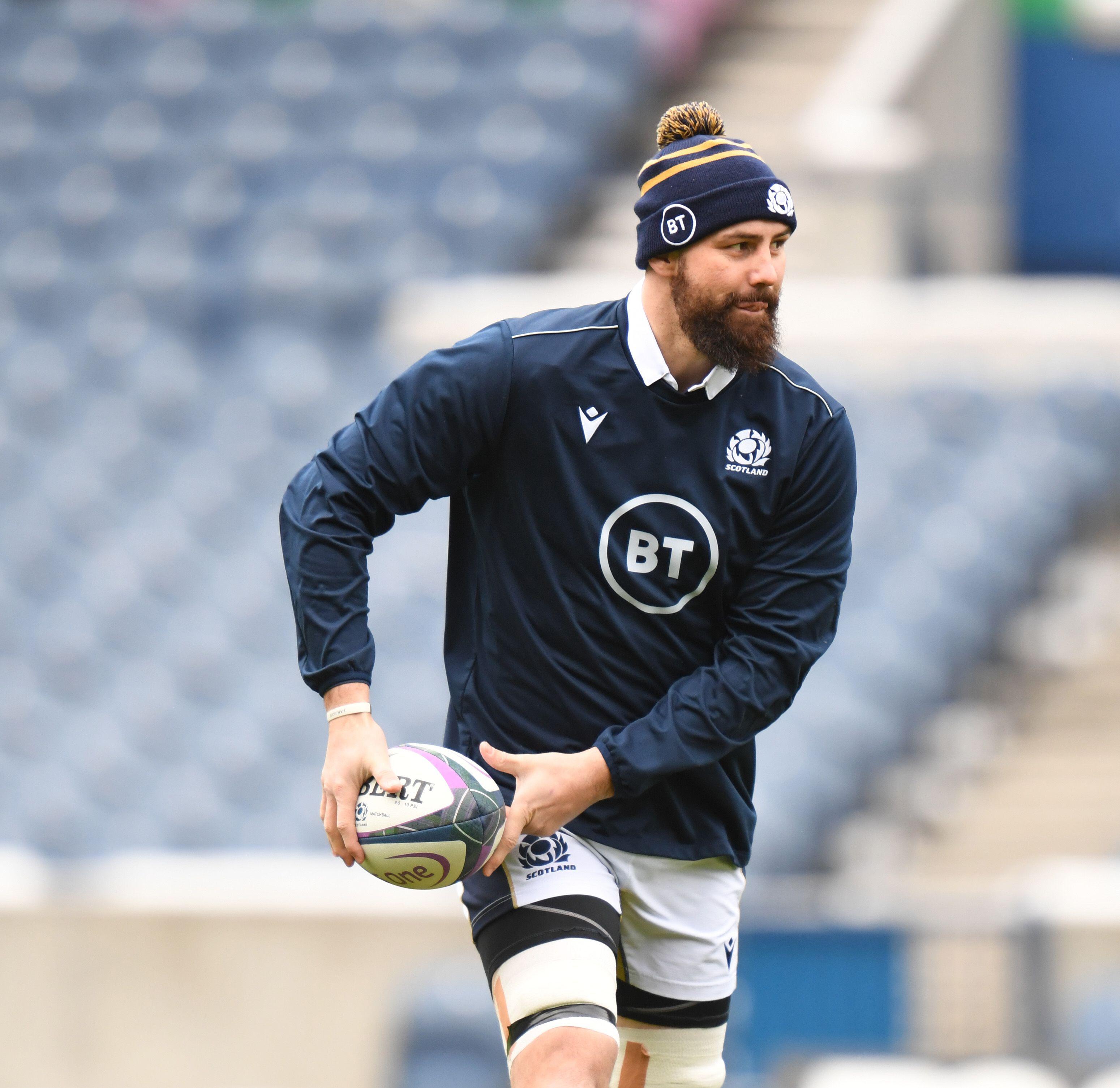In our youth residences, that connection is made in various ways and is certainly not restricted to sport.
But for the many kaimahi who come from an athletic background, it is an important tool to engage with rangatahi.
Published: October 22, 2025
One of the most important skills to have when working with young people is the ability to connect.
In our youth residences, that connection is made in various ways and is certainly not restricted to sport.
But for the many kaimahi who come from an athletic background, it is an important tool to engage with rangatahi.
Blade Thomson is a Team Leader Operations, at a care and protection residence in Wellington.
Blade has an impressive rugby resume. He played for the Hurricanes from 2013 to 2018 and got a few caps for the Māori All Blacks during those years as well.
Overseas, he played professionally in Wales and even got called up to play for Scotland ahead of the 2019 World Cup.
After retiring in 2023, he wanted to find a job where he could help people.

Rugby’s quite a team sport. I thought I could bring that across and be part of a bigger team and make some positive changes.
Blade Thompson
Blade started at the residence as a youth worker and found sport was a good way to connect with the young residence.
“Initially coming in, that was the go-to, to sort of break the ice and catch up with the young people who are interested in that,” he says.
Now, as a team leader, he tries to get out on the floor as much as possible and says sport is still a good way to keep the rangatahi engaged.
“If it’s not happening, then they’re unsettled and fidgety, you can tell. That’s when we get them in the courtyard or in the gym.
“It sort of brings all that stuff down.”
Sean Law is a Kaiwhakaue | Restorative practice lead, at a youth justice residence in Auckland.
Sean played representative rugby and touch rugby at school and debuted for the New Zealand Touch Blacks when he was 19.
He got 10 years out of the sport and competed in his last world cup in 2024.
During his final playing years, Sean started as a youth worker and says touch rugby set him up to manage the high-pressure environment.
“You get used to being calm in those moments.”
He says sport helps the rangatahi stay calm, as well.

It is the best mitigator for behaviour because it keeps them preoccupied.
Sean Law
“So, sport is definitely part of the routine at all residences.”
Sean is now the Kaiwhakaue at the youth justice residence, a role that focuses on embedding Whakamana Tāngata (a Māori centred practice approach).
“I try to teach some of the values to our kids,” he says.
He finds sport can be a useful way to do that.
“Most of our kids, it’s easier to get them engaged in a conversation if you’re doing something active.
“Sport can be a good conduit that starts a connection.”
Important connections, which can facilitate important lessons.
We're celebrating more Oranga Tamariki sporting legends in the month of October. Keep an eye on our news section for the latest stories.
From rugby to residences: our next generation of youth workers
Find opportunities to become a youth worker at Oranga Tamariki on our Careers site.